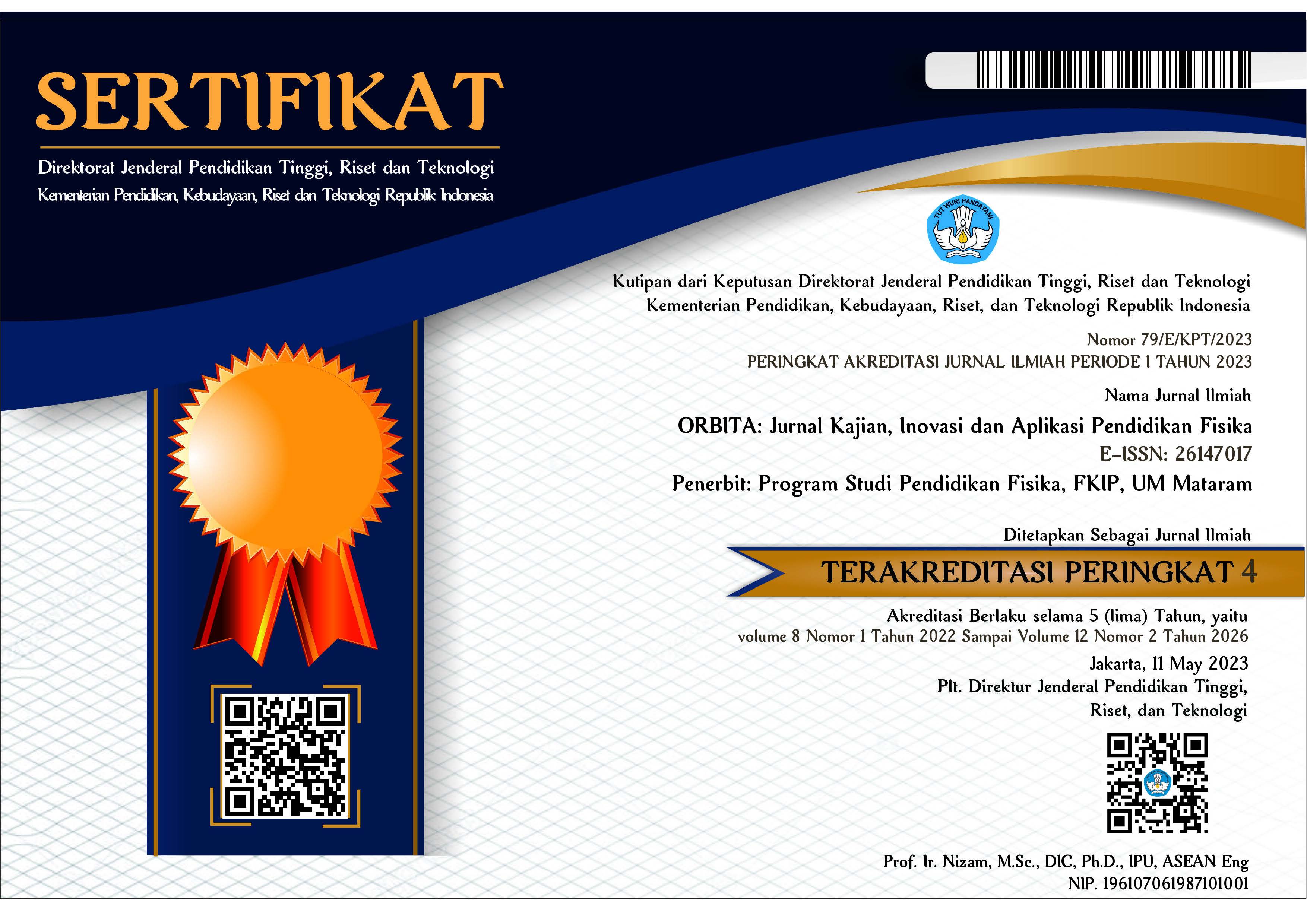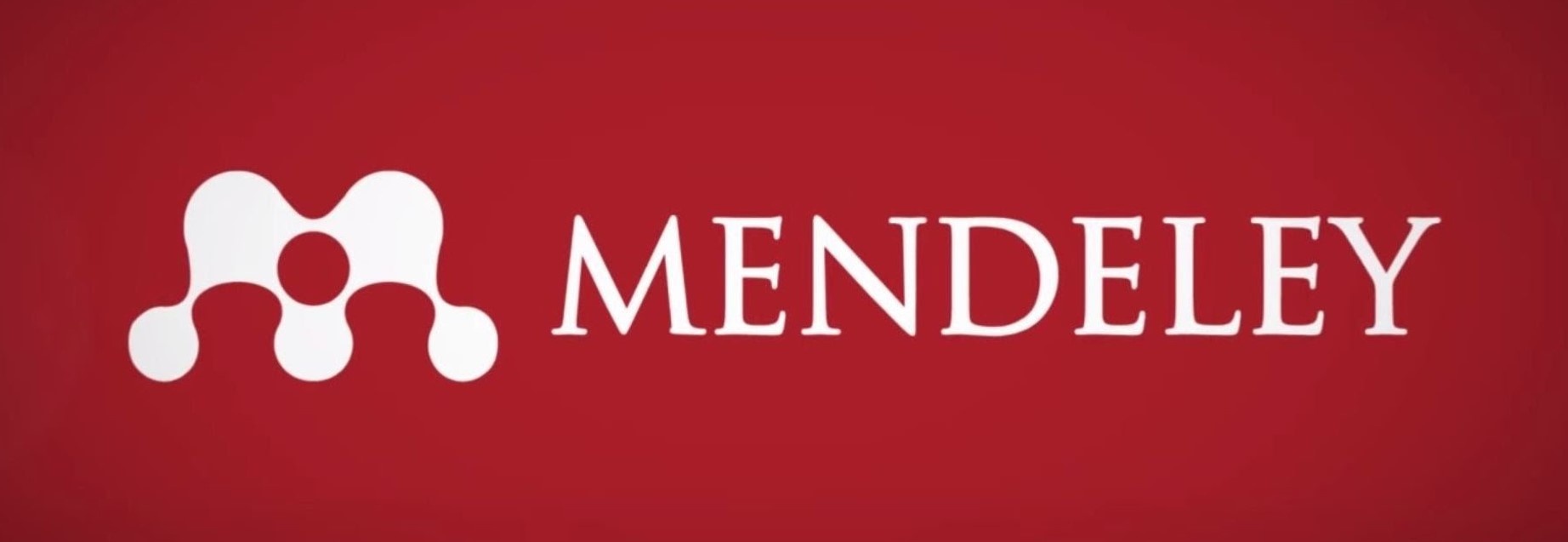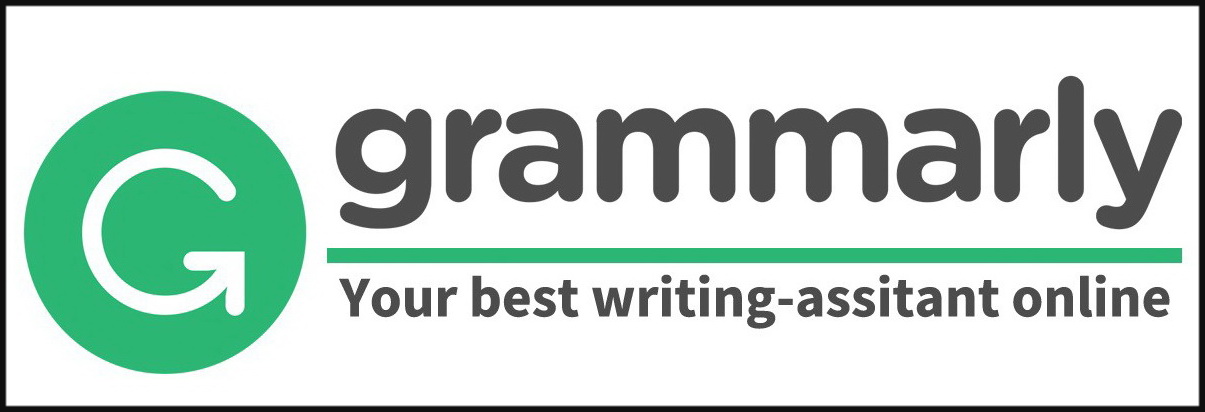The correlation between critical thinking skills and decision-making skills of prospective physics teacher students
Abstract
This research aims to find out the relationship between critical thinking skills and the decision-making skills of prospective physics teacher students. This research is correlational or relationshipal, and it is ex post facto research with a quantitative approach. The population of this study was all first-semester students, totaling 99 students at one of the universities in South Sulawesi. The sample used in this research was 76 students, taken using convenience sampling. The results of the research show that there is a positive correlation between critical thinking skills and the decision-making skills of prospective physics teacher students, with a correlation coefficient (rxy) of 0.549 at a medium level and a coefficient of determination of 30.1%. Thus, if a student's critical thinking skills are high, the higher their decision-making skills, or vice versa, the lower the student's critical thinking skills, the lower their decision-making skills.
Keywords
Full Text:
PDFReferences
Arikunto, S. (2013). Basic of Educational Evaluation. Earth Literacy.
Balela, G. S. A., Kaspul, K., & Arsyad, M. (2021). Binkley M, Erstad O, Herman J, Raizen S, Ripley M, Miller-Ricci M and Rumble M. (2012). Defining Twenty-First Century Skills. Dalam P.Griffin, B. Mc Gaw, & E. Care (Penyunting). Assesment and Teaching of 21st Century Skills (hlm. 17-66). New York: Spinger. Jurnal Studi Guru Dan Pembelajaran, 4(1), 180–188. https://doi.org/https://doi.org/10.30605/jsgp.4.1.2021.556
Chattabud, J., Suwannoi, P., Sranamkam, T., & Yuenyong, C. (2015). Thai Students’ Decision Making in Societal Issue of Surface Area and Concentrated Solutions as a Factor in the Rate of Chemical Reactions. Mediterranean Journal of Social Sciences, November. https://doi.org/10.5901/mjss.2015.v6n6s1p56
Covitt, B., Harris, C., & Anderson, C. (2013). Evaluating Scientific Arguments With Slow Thinking. Science Scope, 037(03). https://doi.org/10.2505/4/ss13_037_03_44
Eggert, S., Ostermeyer, F., Hasselhorn, M., & Bögeholz, S. (2013). Socioscientific Decision Making in the Science Classroom: The Effect of Embedded Metacognitive Instructions on Students’ Learning Outcomes. Education Research International, 2013, 1–12. https://doi.org/10.1155/2013/309894
Ennis, R. H. (1985). Goals for a Critical Thinking Curriculum; In Al Costa (ed). Developing Minds : A Resource Book for Teaching Thinking. ASCD.
Gok, T., & Silay, I. (2008). Effects of Problem-Solving Strategies Teaching on The Problem- Solving Attitudes of Cooperative Learning Groups in Physics Education. Journal of Theory and Practice in Education, 4(2), 253–266.
Heidari, M., & Ebrahimi, P. (2016). Examining the relationship between critical-thinking skills and decision-making ability of emergency medicine students. Indian Journal of Critical Care Medicine, 20(10), 581–586. https://doi.org/10.4103/0972-5229.192045
Hill, T. V. (2002). The Relationship bertween Critical Thinking and Decision Making in Respiratory Care Students. NCBI, 47(5), 571–577.
Humphrey, M. &. (2000). Decision Making and Problem Solving: Pengambilan Keputusan dan Pemecahan Masalah. Penerjemah: Peni Rahmawati. Penerbit Indeks.
Ivone, J. (2012). Critical Thinking, Intellectual Skills, Reasoning and Clinical Reasoning (Working Paper 14). Maranatha.
Jho, H., Yoon, H. G., & Kim, M. (2014). The Relationship of Science Knowledge, Attitude and Decision Making on Socio-scientific Issues: The Case Study of Students’ Debates on a Nuclear Power Plant in Korea. Science and Education, 23(5), 1131–1151. https://doi.org/10.1007/s11191-013-9652-z
Joshi, M. (2017). Soft Skills 1st Edition. Senior Trainer Acharya Institute of English & Foreign Languages.
Kaşkaya, A., Calp, Ş., & Kuru, O. (2017). An evaluation of factors affecting decision making among 4th grade elementary school students with low socio-economic status. International Electronic Journal of Elementary Education, 9(4), 787–808.
Mitrevski, B., & O.Sajkov. (2012). Physics Lab, Critical Thinking and Gender Difference. Journal of Macedonian Physics, 48.
Paul, R. W., & Elder, L. (2002). Critical Thinking: Tools for Taking Charge of Your Professional and Personal Life. [Adobe Digital Editions version].
Robinson, M., & Kaleta, P. (1999). Global environmental priorities of secondary students in zabrze, Poland. International Journal of Science Education, 21(5), 499–514. https://doi.org/10.1080/095006999290543
Sekaran, U. (2006). Metodologi Penelitian Untuk Bisnis. Salemba Empat.
Solem, M., & Boehm, R. G. (2018). Research in geography education: moving from declarations and road maps to actions. International Research in Geographical and Environmental Education, 27(3), 191–198. https://doi.org/10.1080/10382046.2018.1493896
Soobard, R., & Rannikmäe, M. (2014). Upper secondary students’ self-perceptions of both their competence in problem solving, decision making and reasoning within science subjects and their future careers. Journal of Baltic Science Education, 13(4), 544–558. https://doi.org/10.33225/jbse/14.13.544
Sugiyono. (2020). Metode Penelitian Dan Pengembangan (Research And Devolep- ment/R&D). Alfabeta.
Swartz, R. J. (2001). Thinking About Decision. Dalam Costa, Arthur (Penyunting). Developing of Minds (hlm. 58-66). Association for Supervision and Curriculum DevelopmentNo Title.
Tiro, A. (2010). Analisis Korelasi dan Regresi Edisi Ketiga. Andira Publisher.
Tiruneh, D. T., Verburgh, A., & Elen, J. (2014). Effectiveness of Critical Thinking Instruction in Higher Education: A Systematic Review of Intervention Studies. Higher Education Studies, 4(1). https://doi.org/10.5539/hes.v4n1p1
Yusal, Y., Suhandi, A., Setiawan, W., & Kaniawati, I. (2021). The Effectiveness of Collaborative Problem-solving Using Decision-making Problems to Improve the Pre-service Physics Teachers’ Critical Thinking Skills. Jurnal Pendidikan Fisika, 9(2), 107–116. https://doi.org/10.26618/jpf.v9i2.5059
DOI: https://doi.org/10.31764/orbita.v10i1.22157
Refbacks
- There are currently no refbacks.

This work is licensed under a Creative Commons Attribution-ShareAlike 4.0 International License.
______________________________________________________
ORBITA: Jurnal Pendidikan dan Ilmu Fisika
p-ISSN 2460-9587 || e-ISSN 2614-7017
This work is licensed under a Creative Commons Attribution-ShareAlike 4.0 International License.
EDITORIAL OFFICE:


























